Dhaka, Sep 10 (V7N) – National Congress Party (NCP) southern chief organizer Hasnat Abdullah has expressed deep concern over the role of mainstream political parties in the Dhaka University Central Students’ Union (DUCSU) elections, saying that their dominance is eroding the true character of student politics.
In a midnight post on his verified Facebook account, Hasnat warned that the increasing use of muscle power, manpower, and organized party presence to control the voting environment has set a “very negative example for the future.”
“DUCSU is now not only carrying the mandate of the students, but has also become an extension game of the national political party. This trend will make politics unsafe and narrow in the long run,” he wrote.
Hasnat criticized what he called the “tagging culture,” where teachers and political opponents were labeled along partisan lines. He described it as a continuation of the divisive political reality under Sheikh Hasina’s regime, where “division, suspicion, and repression have been institutionalized.”
Reflecting on the election outcome, Hasnat said:
-
Responsibility of winners and acceptance by losers will determine the future of democracy.
-
Student politics should foster new leadership and a culture of accepting defeat as preparation for the next struggle.
-
DUCSU had the potential to revive that culture, but uncertainty over the acceptance of results risks undermining it.
Calling for political tolerance, he added:
“The desire to win all the time is not democracy. One of the fundamental foundations of democracy is tolerance. Even if the people choose someone I personally dislike, democracy is about respecting that choice.”
Finally, Hasnat urged all political parties to remain calm and respect the voters’ mandate:
“We have already seen the consequences of damaging the democratic process for short-term gains over the past 17 years. Unless we learn to respect defeat, the politics of the future will remain captive to the joy of winners and the anger of losers, leaving democracy incomplete.”
END/SMA/AJ



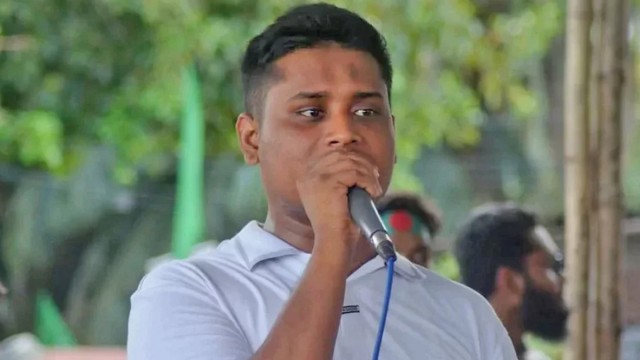
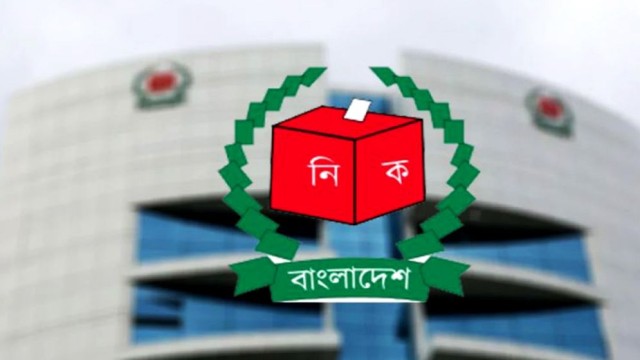
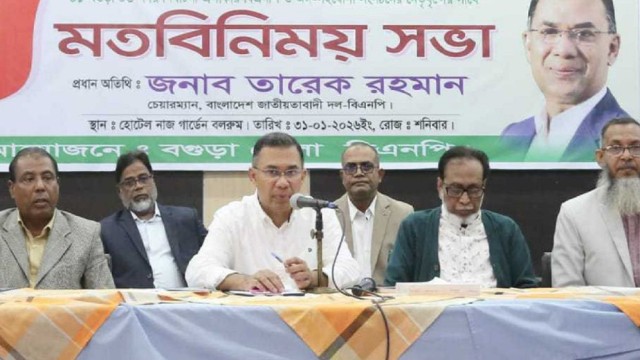
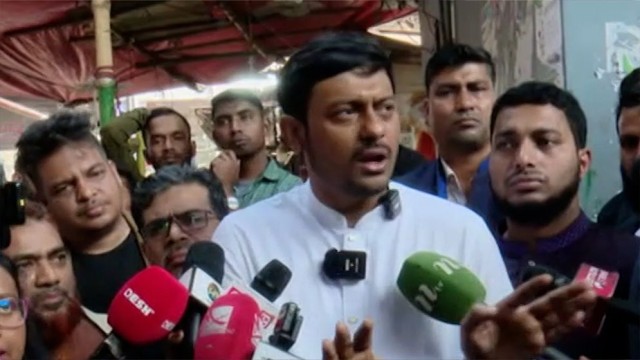
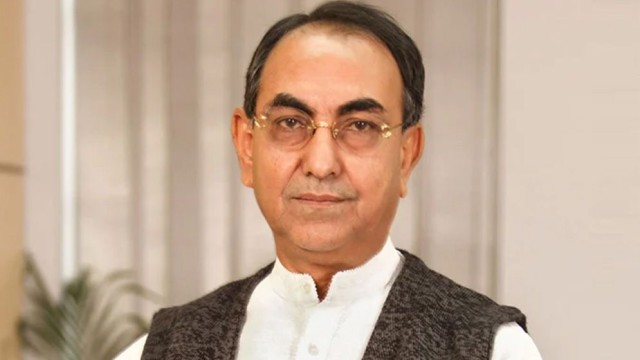

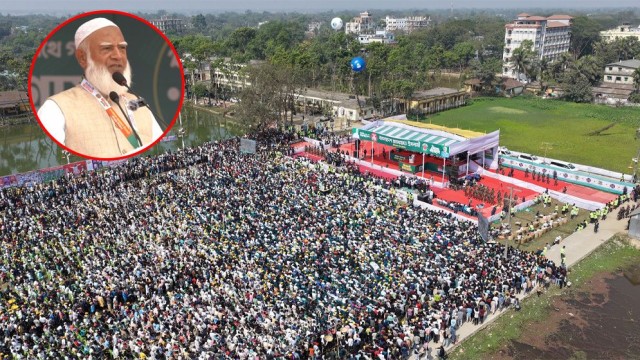

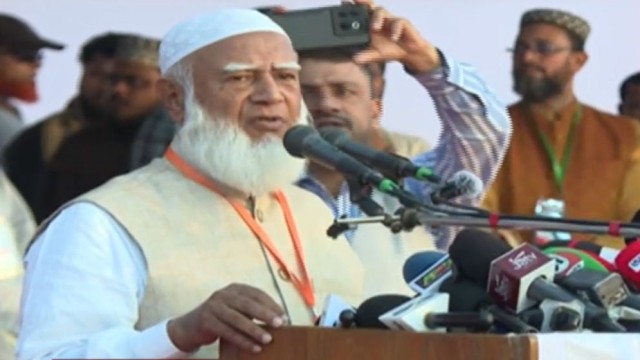
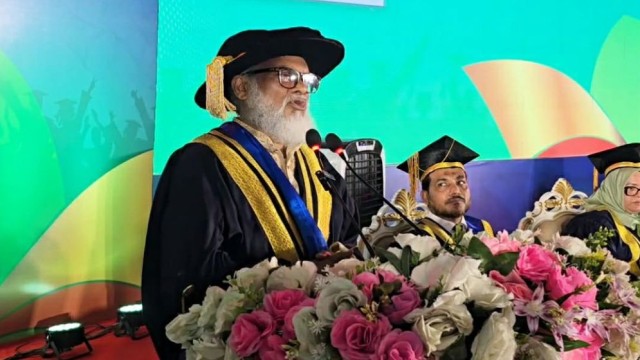
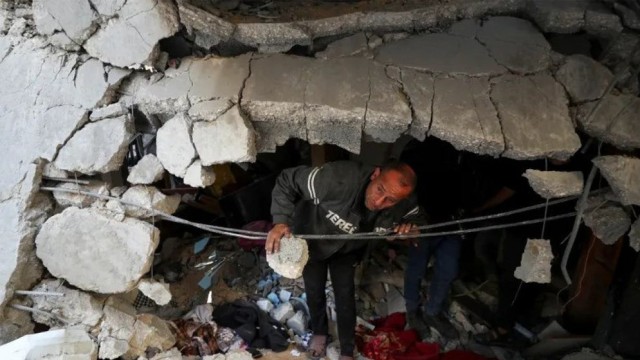
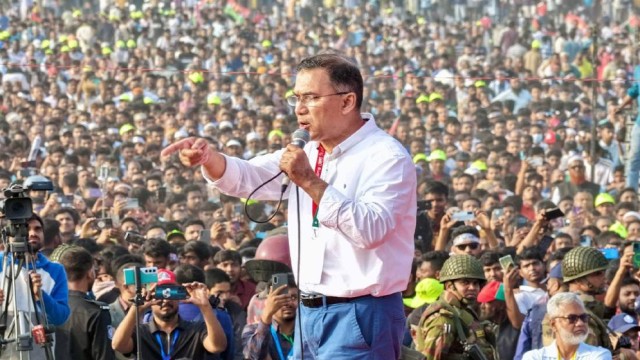




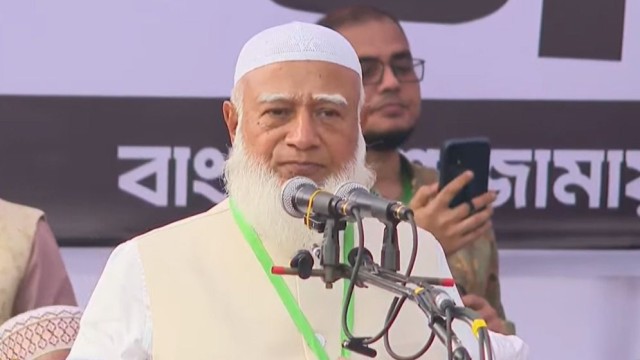

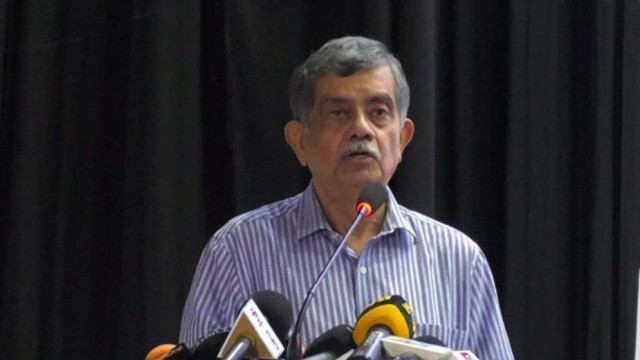
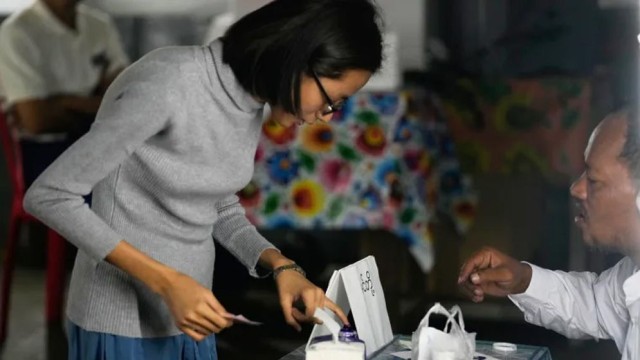
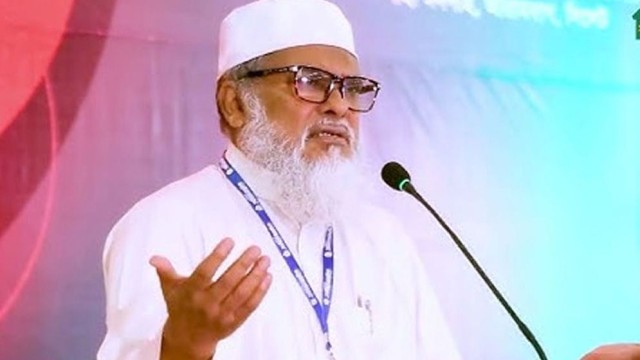
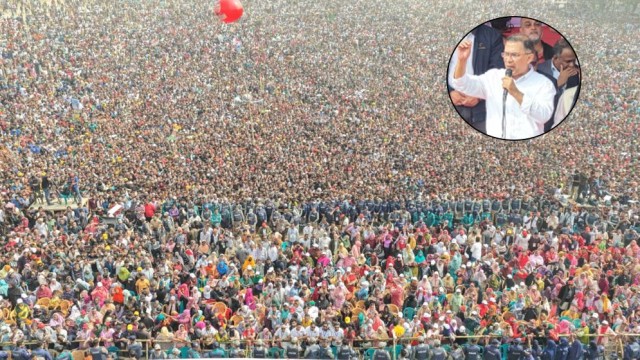
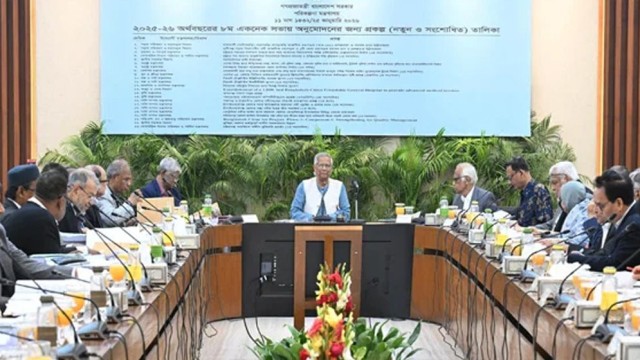
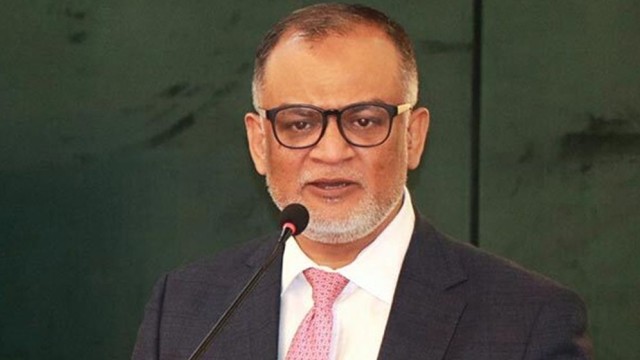
Comment: